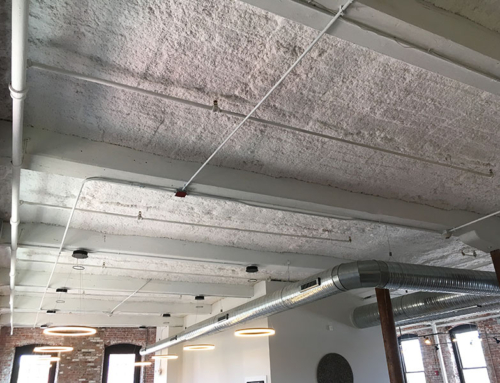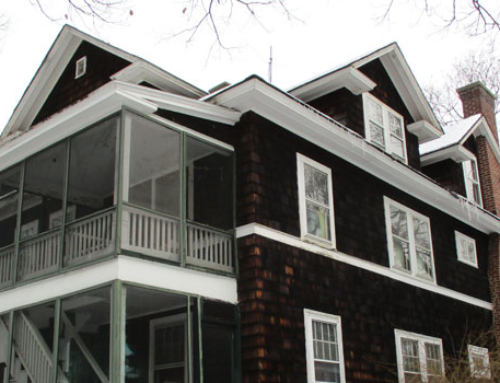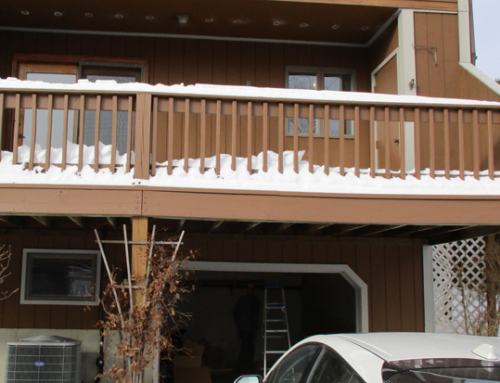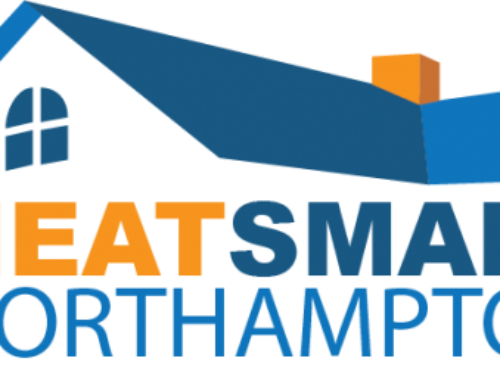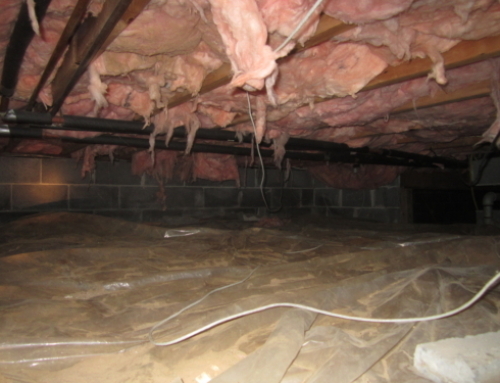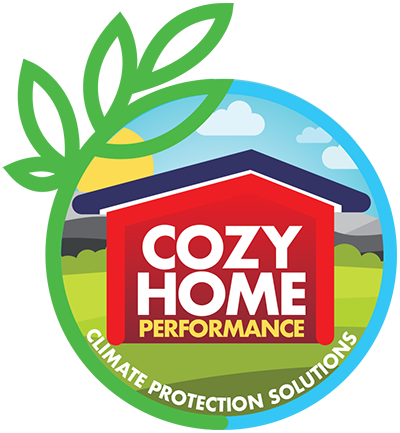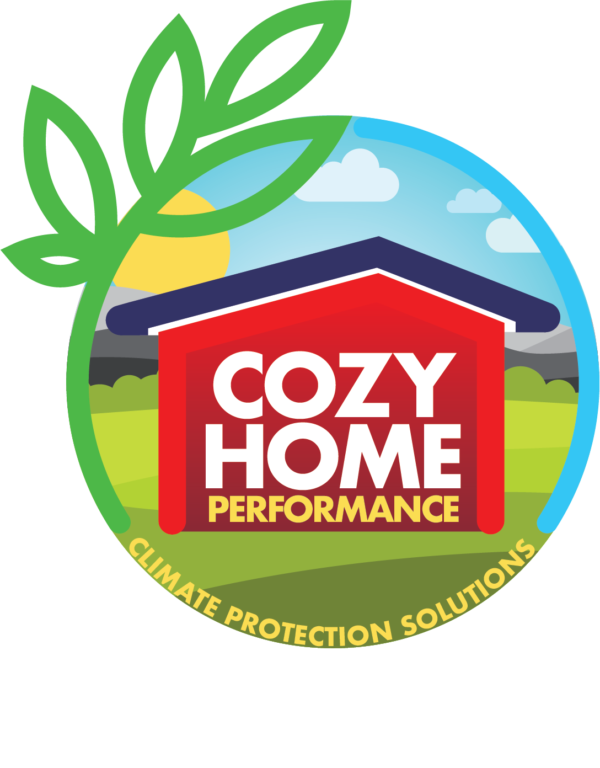DOER (Mass Dept.Of Energy Resources) announces an RFR for the Massachusetts High-Performance Buildings Grant Program.
$15million is available in grants from $500,000 to $2million.
Taken by surprise and thoroughly pleased, I add a submission on the behalf of Cozy Home Performance to the list of things to do: bust out a 22 page proposal detailing the benefits of Deep Energy Retrofits and how financing and packaging will motivate more people to make their homes 50-90% more efficient.
Without further ado, I present my thoughts on how Cozy Home Performance with an assembled team of designers, engineers, and contractors could contribute to mainstreaming significant energy retrofits in MA. To be clear, the goal here is not to sell a really big job, but to explore real solutions to the market barriers that limit the amount of homes that are retrofitted to be higher performing in regard to health, comfort, and energy savings.
In a nutshell our proposal would…
– Include analysis of the Betterment district (same as Special Assessment District, I believe) as a tool for municipalities to provide long term financing to make efficiency improvements more accessible to more homeowners within particular ‘districts’ or geagraphical areas.
– Provide technical details of Deep Energy Retrofits including exploration of economy of scale as a way to lower labor and material costs.
– DER’s necessitate the highest performing materials and techniques. This project would inform existing programs of the cost/benefit of using more advanced materials and techniques.
– Include comprehensive energy modeling, cost benefit analysis, and tracking over 3 years to gauge energy use and conservation habits of inhabitants.
– Explore the ‘split-incentive’ model providing incentives for both tenants and landlords to make efficiency improvements.
Details…
8 DER super efficient retrofits in one neighborhood of large, older- possibly registered historic- homes. Utilize a standard energy efficiency loading order to bring each home up to the highest level of performance. Doing this will necessitate wall build outs, lots of spray foam, new high end windows and doors, modern HRV (heat recovery ventilation) systems, and advanced heating units powered at least in part by renewable energy. Of course solar H2O and PV, air-source heat pumps, geo-thermal ground pumps, and/or wind would be implement as well where viable.
These houses would be so green, they would make you squint. They would maintain their historic character, be extremely durable, and be healthy happy living environments.
So what’s the big deal? These dreamy near net-0 energy homes will be Candy on the block. The actual retrofits are actually the less interesting aspect of the project, and perhaps the easiest part to implement.
Nation wide there is a movement underway to make financing for residential energy retrofits more accessible for homeowners; it is well understood that the lack of accessible financing is a major barrier to large scale retrofits. PACE financing is one option that is working- read more here. Yet as MA does not have the legislation yet to enable Property Assessed financing even if municipalities support it, we need to find another option. I am hopeful that Betterment Districts would allow neighbors to petition a city to invest in a ‘betterment’ of their houses. The cost of the retrofit, perhaps upwards of $100,000 would be paid back in part by an additional tax that is amortized over 25 years- or a similarly long term. The property is taxed- not the owner.
It is possible in some cases that energy cost savings resulting from the retrofit would be greater than the tax payment. When energy costs increase, the homeowner would see more ‘savings’ as they will be using such a small amount of fuel to heat and cool their homes.
My initial understanding is that Betterment districts are only doable inside a close geographic proximity. This limitation is also an important element to this project as we can assess and analyze ‘economy of scale’ for efficiency work among houses of a similar age and likely, architectural style. Retrofitting is complex and each house is unique, posing a challenge to generalizing costs and benefits of significant efficiency upgrades. It is important to explore how scaling proposals and implementation can bring costs down.
Yes, we are looking for help- feel free to contact me. Grant deadline is Oct. 30th.


